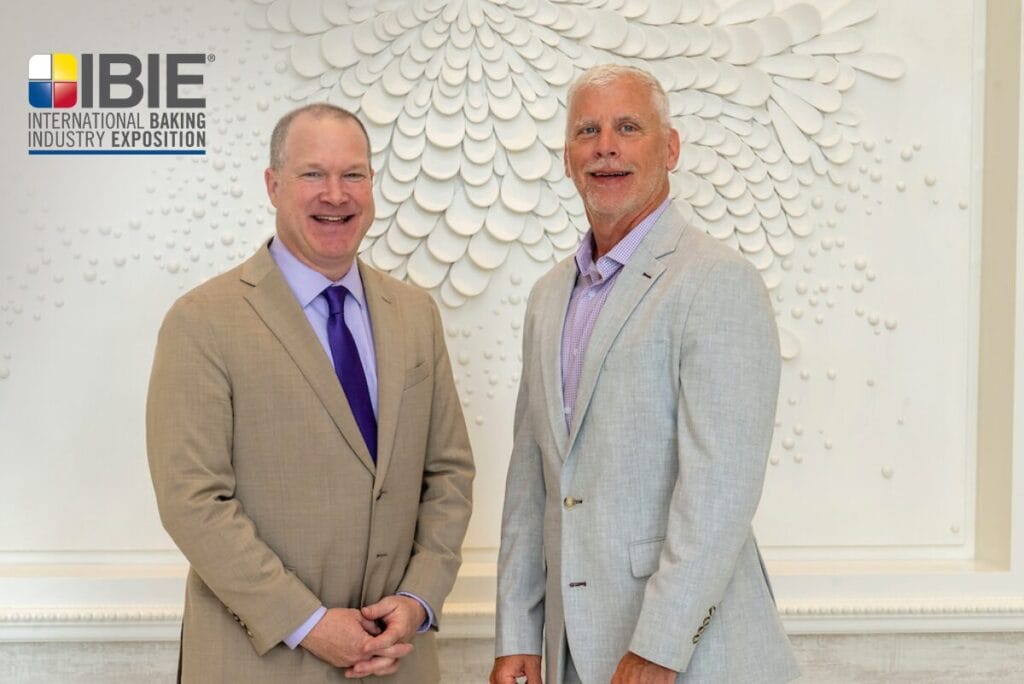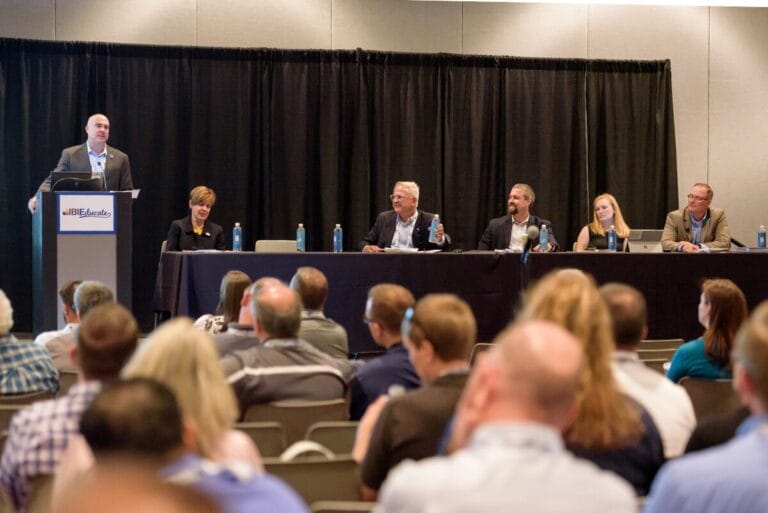Coming together, growing together
“When we look at solutions from ingredient suppliers, equipment manufacturers — the whole supplier community exhibiting at IBIE — they’re focused on providing exactly what bakers need,” Dell said. “We’re talking about a whole new symbiotic relationship between baker and supplier, and it’s going to manifest at the show.”
It’s said that hard times make everyone stronger. It can also be said that the industry will head to the Baking Expo stronger than ever. The strengthened relationships will be visible on the tradeshow floor not only because of the supply chain impact, but also today’s rapidly shifting landscape.
“Trials really do make us better,” Brown said. “From the pandemic to supply chain challenges, we had to rely on each other differently during those times. It opened everyone’s minds to discover more ways we can work together. We’ve seen this connection between bakers and suppliers deepen, and that just can’t help but be felt when the show opens.”
Despite trepidation around the on-again-off-again trade war and subsequent market swings, attendance and booth space both indicate the baking industry is once again keeping a steady hand. In fact, exhibitor space in both halls — West for the wholesale/commercial audience, North for the artisan/retail side — was nearly sold out by early summer.
“Our exhibitors are coming out in such strong force,” Brown said. “Some are getting larger booths, and others have booths in both halls. People are ready. They’re ready to be there. They’re ready to invest in their businesses and the industry.”
Make no mistake: Bakers and suppliers aren’t interested in IBIE as a place to lament the latest disruptions. They’re looking for solutions to navigate not only political uncertainty but also the challenges facing them regardless of it.
Labor and workforce issues have remained a top priority for most baking companies, though current events may often impact the specific challenges and solutions around labor. That’s one reason why ABA identified “Destination Workplace” as one of the top pillars in its five-year strategic plan launched in 2024.
“When we talk about changes over the past several years, workforce is right up there for everyone,” Dell said. “Bakers and suppliers are working together trying to solve for that, whether it’s AI or working with students from K-State and other universities. These are the kinds of solutions that will help drive people into the industry for careers — not just jobs — and keep them for the long term.”
This story has been adapted from the Avant Food Media’s 2025 IBIE Show Issue. Read the full story in the digital edition here.










